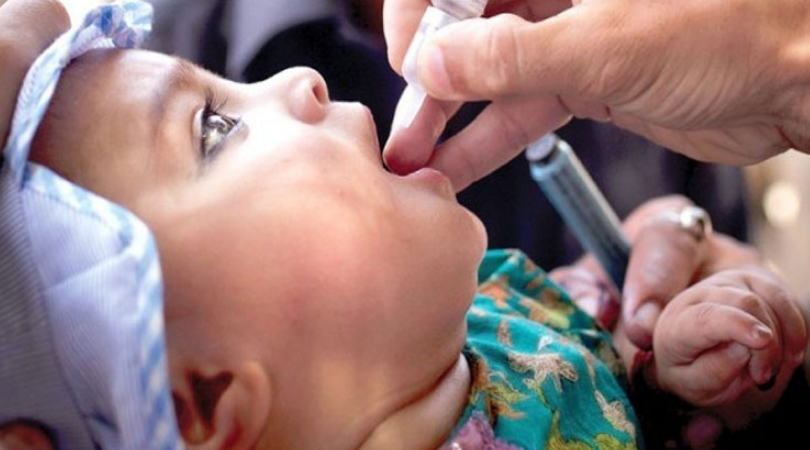The Covid-19 pandemic and response are having profound impacts on India’s people, leading to myriad health-care challenges, a looming economic recession, and humanitarian crises.
The Lancet on Friday launched the Lancet Citizens’ Commission on Reimagining India’s Health System, which will work on developing a strategy for implementing Universal Health Coverage (UHC) in India.
The mission of the Lancet Citizens’ Commission on reimagining India’s health system is to lay out the path to achieving UHC in India in the coming decade.
The Lancet, a global health journal, and the Lakshmi Mittal And Family South Asia Institute, Harvard University, together formulated the commission. The Commission will be led by four distinguished health and business leaders who have brought together thirteen experts from academia, the scientific community, civil society, and private healthcare to serve with them.
The four co-chairs include Kiran Mazumdar-Shaw, Executive Chairperson, Biocon Ltd, Tarun Khanna, Director, Lakshmi Mittal, and Family South Asia Institute, Harvard University, Vikram Patel, Professor of Global Health, Harvard Medical School and Gagandeep Kang, Professor, Christian Medical College, Vellore.
The mission of the Lancet Citizens’ Commission is to lay out the path to achieving UHC in India in the coming decade. The commission expects that it will formulate a roadmap for realizing a resilient health system that offers comprehensive, accountable, accessible, inclusive, and affordable quality health care to all citizens in India.
The Covid-19 pandemic has laid bare the gaps in the Indian healthcare system and necessitated the need to reevaluate the work that needs to be done to improve access to affordable, accessible, and inclusive care for all.
Kiran Mazumdar-Shaw, Executive Chairperson, Biocon said that the commission’s vision is to chart socio-economic parity through a universal health equity and to engage citizens from across the country and put them at the heart of the efforts to transform India’s health system and make universal health care a reality in this country.
Despite progress in health indicators such as maternal and infant mortality, disease burden in India is disproportionately high and that less than two-thirds of children were fully immunised in 2017–18, malnutrition and other risk factors for disease and injury are widespread. The pandemic could worsen health disparities since much of the public health system has been redeployed in the Covid-19 response,” the commentary said.
Over the coming year, the commission will gather insights from across India through grassroots surveys, public consultations, and online discussions on the issue of universal health coverage.
It will continue to engage with the government, and will also build partnerships and work closely with academic institutions, civil society and other stakeholders to catalyse dialogue and knowledge sharing across fields.
Commenting on the Commission’s vision, WHO Chief Scientist Soumya Swaminathan said “the index that’s now used was developed years ago which looks at 14 indicators focused on process indicators. We wanted to measure UHC by looking at health outcomes and impact. India could innovate in the measurement system to move ahead. We have proposed a new UHC measuring index.”
Highlighting what sets this Commission apart from previous efforts, Gagandeep Kang, Professor, Christian Medical College, Vellore, said, “ Engagement must start with listening to issues, perspectives, goals and preferences of all stakeholders which include the designers, providers and recipients of healthcare services. All stakeholders including the citizenry need to work along with the government and deliberate on solutions for effective implementation of the universal health coverage.”

